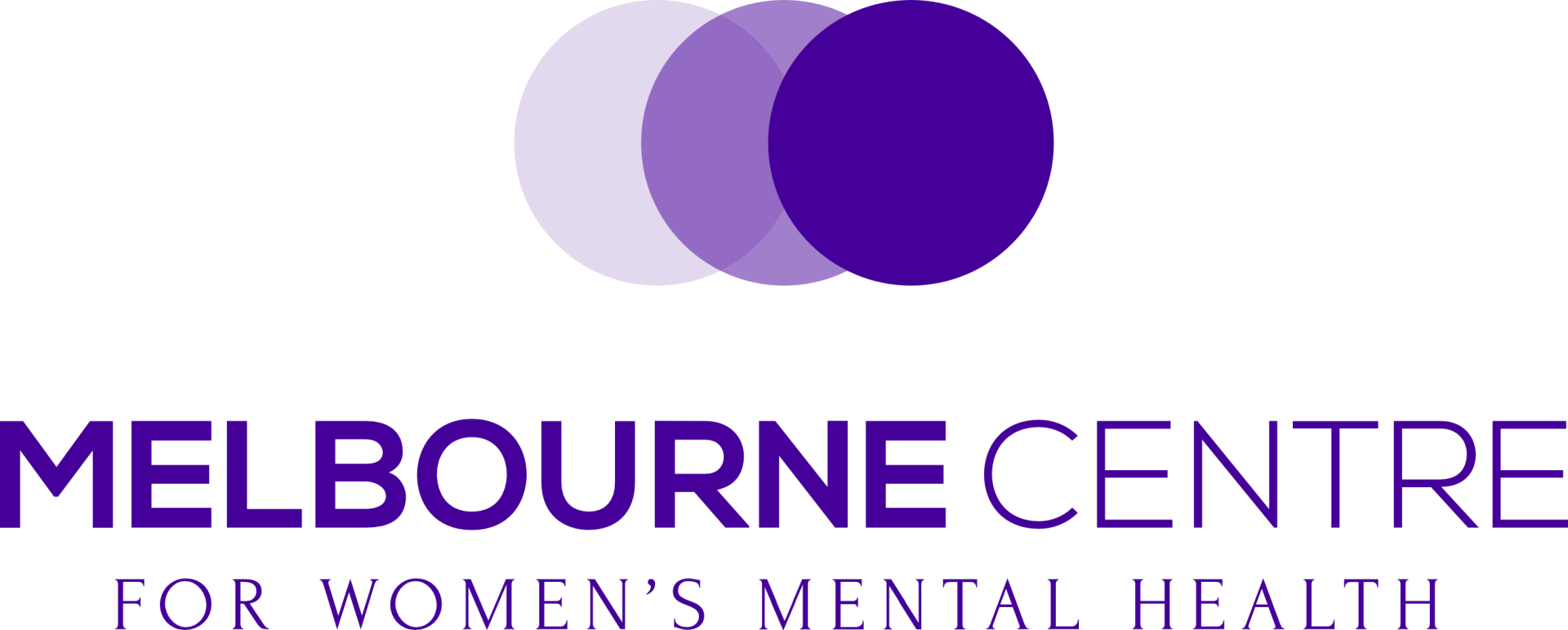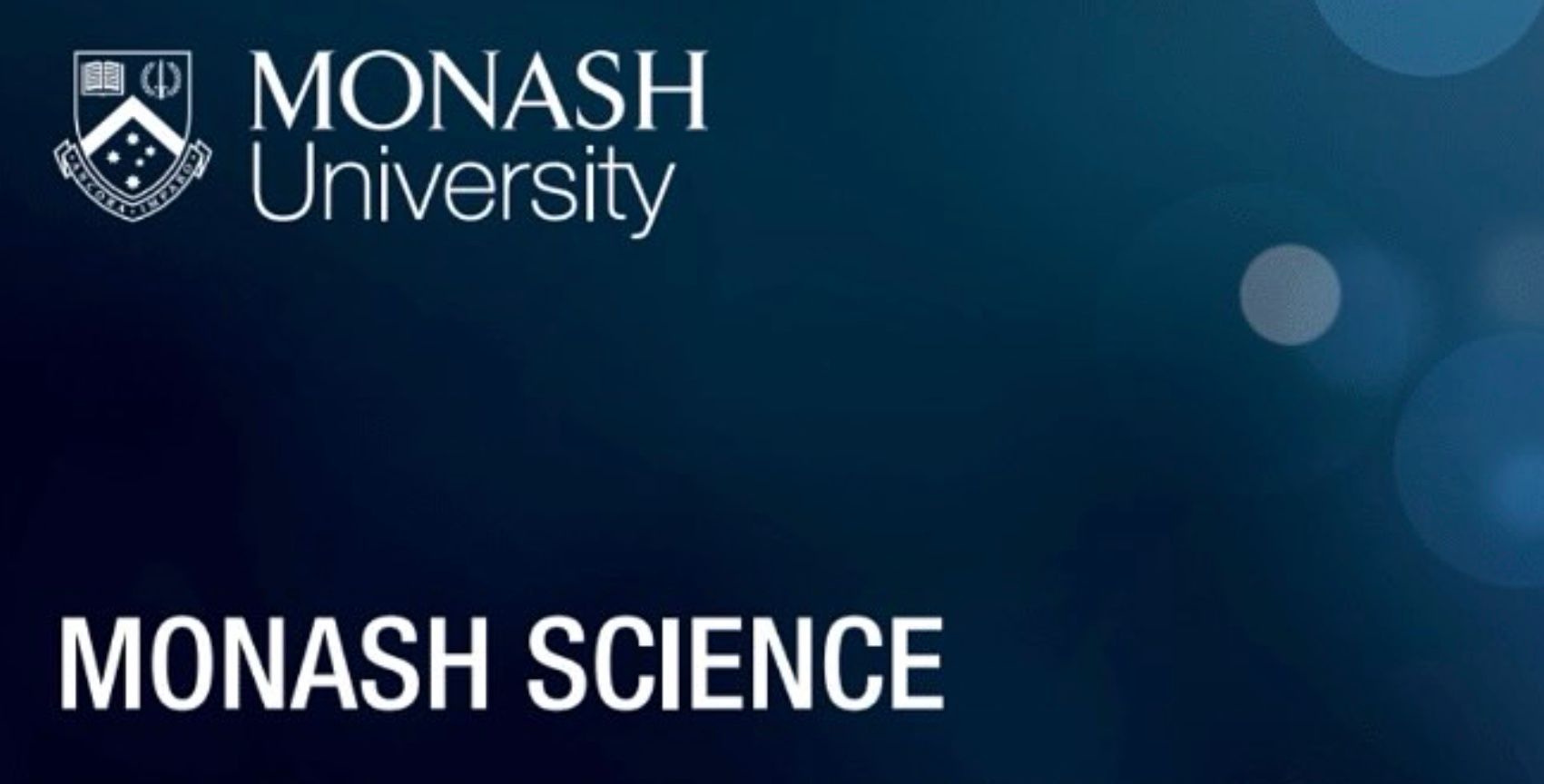Why have we all diagnosed ourselves with ADHD?
By Sarah Hall
A couple of friends and I are lying on the bed, watching a viral YouTube video by Rick Green - ‘The Unofficial ADHD Test for Adults’ (which has since been taken down but you can find a transcript here).
“During this test you will be asked to keep your own score giving yourself one point for each ‘yes’,” Rick begins.
“Does that sound like far too much work? give yourself one point.”
My friend raises an index finger.
“If you’re going to give yourself zero points just because, “you’re not the boss of me!” you might want to take a test for oppositional defiant disorder.”
A few eyebrows raise, heads nod.
Rick goes on. He is funny, in a way that is characteristic of the social dialogue around ADHD, as he lists traits that he considers suggestive of the condition. He gives points for behaviours such as: doing a week’s worth of food shopping in seven minutes; pacing while talking on the phone; drifting off while people are talking; reading multiple books at once; “I should have used protection”; chronically fidgeting; seriously wondering if you have alzheimers; drinking five coffees a day; struggling to finish tasks — even leisure activities; constantly overcommitting but underachieving; burnout; driving miles out of the way to avoid a slowdown in traffic; reading the official list of ADHD symptoms and thinking “this is just normal” …
All of us identify to varying degrees, share anecdotes about ruining shoes because we don’t have time to tie our laces, or the Google Drive that taunts; a gallery of unrealised dreams. My friend runs the cursor on top of the video timeline to see how long we have left, opens another tab.
It occurs to me, as we lie on the bed, that an astounding number of my women and non-binary friends, in our late twenties and early thirties, have diagnosed ourselves with ADHD. Enough so, that I would call it a trend. Some have gone on to pursue official diagnoses, some self-medicate with dexamphetamines obtained through non-medical pathways, and others do neither; but remark ‘typical ADD’ when they forget to go to a doctor’s appointment, or hyperfocus on a non-work-related task for hours.
We know that
until recently
ADHD has been seriously under-diagnosed in young girls and non-binary people compared with boys, because of medical biases and this group’s relative skillfulness at
‘masking’.
And from this perspective, the phenomenon of adult self-diagnosis makes sense. Due in some part to the rise of therapy-style content and language circulating on social media, we have become more educated about it, and this has been helpful for certain people to better understand their experiences.
But, as expressed by Harriet Ring in
a recent Zee Feed article, the rise of therapy style content on social media platforms is a double-edged sword.
“On one hand it helps make the process of diagnosis and support more accessible; on the other, the overuse of clinical terms on social media risks pathologising behaviour and turning lived experience into content trends,” she writes.
The flippancy with which Rick Green tells us to test for oppositional defiant disorder if we answer “you’re not the boss of me!” to one of his questions, exemplifies this kind of pathologisation.
Some research suggests
that more frequent use of digital media may even be associated with development of ADHD symptoms, and consequent diagnosis. And we know more generally that the symptoms exhibited by people with ADHD are experienced at times by everyone: forgetfulness, distractibility, difficulty concentrating and so forth, because everybody’s executive function will glitch out occasionally.
As ADHD social media celebrity, 20-year old
Connor DeWolfe, who has 4.4 million TikTok followers, says:
“The difference is if it’s a tiny glitch that doesn’t affect your daily life or if it’s an ongoing virus that breaks your computer.”
While increased access to information on social media is empowering and can lead to official diagnoses, over-identification with symptoms, and the casual adoption of medical jargon and self-diagnostic internet tests is problematic. Not least of all for those living with chronic conditions whose voices are often drowned out by a sea of bandwagon-diagnosers (see also Kristy Forbes’
writing about ‘Highly Sensitive Persons’).
There is also a high cross-over between symptoms of ADHD to other conditions, like anxiety and complex PTSD.
Psychologist at the Melbourne Centre for Women’s Mental Health Varda Khan emphasises this.
“There’s complexity with diagnosis of ADHD as there are similarities and comorbidities with other depressive disorders, anxiety disorders, substance use, oppositional defiant disorders, personality disorders, sleep problems and learning disabilities along with complex trauma and PTSD,” she says.
“It is important that ADHD assessment is conducted by a professional who is trained and experienced…. and capable at ruling out other disorders.”
Self-diagnosis happens across the board of mental health conditions, but I wonder if ADHD’s particular social stigma lends itself especially well to it. We feel comfortable laughing about the symptoms associated with ADHD, and many viral ADHD accounts are akin to comedy channels. Compared with many other neurodovergencies or mental health conditions, there is a lightheartedness to the social dialogue surrounding ADHD.
I am not bemoaning humour as a tool for talking about or understanding mental health, just wondering if the casualness with which we relate to the symptoms of ADHD, and our ability to laugh at them, mean we have a propensity to identify with a condition we may not, in fact, have.
Of course, some of us do have it and the incidence of more people coming forward to investigate the possibility of ADHD in adulthood is positive, especially for those who have been historically overlooked. Diagnosis and treatment can drastically change lives, and
studies have shown
that undiagnosed ADHD in girls and women is linked to increased self-harm risk (the same is likely true for non-binary people).
Improving awareness about neurodivergence in general is important, and something the internet can provide —depending on who you follow. Khan speaks about the importance of learning about ADHD with a neuro-affirmative lens. But when it comes to diagnosis, she says official diagnosis always outweighs self-diagnosis.
“Official diagnoses are more reliable, include therapeutic support and intervention, and can provide appropriate medication-based treatment to help with daily functioning and general wellbeing.”
Dexamphetamine is a prescription stimulant used to help manage challenges associated with ADHD. Khan is concerned about the unprescribed use of this drug.
“It has the potential to be addictive when taken unprescribed for the purpose of self-diagnosed ADHD management and abused as a “study drug” or for other recreational purposes,” she says.
“While the effects of dexamphetamine help people with ADHD with daily functioning, people without ADHD or misdiagnosed ADHD may take it to stay alert and increase focus, and there are mental and physical health risks associated with using the medication without prescriptions guidelines.”
She lists dependence, withdrawal, and death from overdose under extreme cases, as some potential risks.
During the weeks I was thinking about this article I was in contact with a number of friends who have self-diagnosed with ADHD. One of them has a small jar of dexamphetamines in their bedroom, which they rely on for work and study. They recently decided to pursue an official diagnosis with a psychiatrist.
“Buying dexis in the community has become financially unfeasible, and is unreliable” they said.
“But I also want to know if I actually have ADHD, or if I’m just drug dependent.”
They shared frustrations, like many others have, about the limitations of the social dialogue surrounding neurodivergence.
“Of course our brains aren’t able to cope with the conditions of late capitalism - and working on a computer from 9 to 5 is not normal from an evolutionary perspective,” they said.
“Like at work, I feel like I’m perceived as slack. But I’m actually trying really hard to get it all done — it just feels extra hard for me.”
Certain researchers bolster this argument, suggesting that rather than focusing on debates around ‘nature vs nurture’ or under- vs over-diagnosed, ADHD is better understood from an evolutionary perspective. ADHD symptoms might be understood as an
evolutionary mismatch, in which our current environmental demands do not fit with what evolution has prepared us to cope with. In our ancestral environments, for example, children were not expected to sit still and concentrate on academic tasks for great chunks of time.
There are many reasons why the trend of adult diagnosis of ADHD has emerged, and many ways to understand it. Increased awareness about neurodiversity thanks to social media, has played a part in helping us to understand the condition. This, and ADHD’s particular casual social stigma have led us a self-diagnosis phenomenon.
It’s important to consider the reasons for any diagnosis (self or official) and what you hope to achieve from it. Understanding my own chronic poor time management, problems focusing on and finishing tasks, restlessness and impulsivity in terms of possible ADHD, has sometimes felt helpful and validating. Learning about ADHD (on TikTok) has been helpful, and entertaining, as it would be for most people. But there are many other factors contributing to my own experiences. I have decided that in my particular case, the ADHD label may not be the best way to understand them. I am conscious that I may be part of an ADHD self-diagnosis trend which could have done more for pathologising behaviour, and drowning out voices of those seriously suffering, than for destigmatising mental health.
My friend, on the other hand, is likely to benefit from an official diagnosis. I am interested to learn what their psychiatrist says, and relieved that they may be able to source medication at the pharmacy, rather than through Signal.
Sarah Hall works professionally as a copywriter and editor at the University of Melbourne. Her writing has appeared in Meanjin, Stilts, Cordite and elsewhere.




